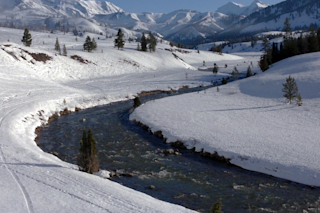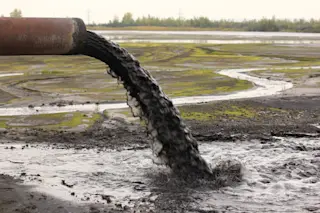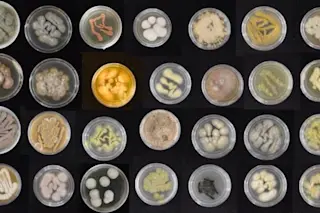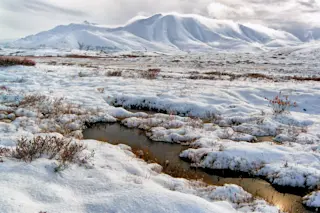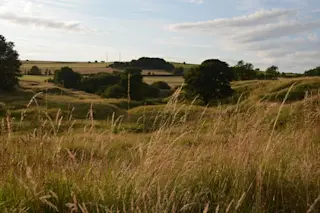52. Great Barrier Reef Dying?
When Ray Berkelmans describes Australia's Great Barrier Reef, he seems to be speaking of an adored but seriously ailing aunt. In 1998, he says, the reef was "a sick patient . . . off-color . . . insipid pale to white." By 2002 the situation was far worse: Nearly 60 percent of the 135,000-square-mile Great Barrier Reef—the world's largest reef ecosystem—suffered some bleaching. "We were speechless," Berkelmans says.
Berkelmans, a research scientist at the Australian Institute of Marine Science in Townsville, blames rising temperatures. Under normal conditions, corals have a symbiotic relationship with algae known as zooxanthellae. The algae produce food by photosynthesis, and the coral protects them. But in the early months of 2002, the local waters were three to five degrees Fahrenheit higher than average. The extra heat impaired photosynthesis and forced the coral to eject the plants that live in its flesh.
...






